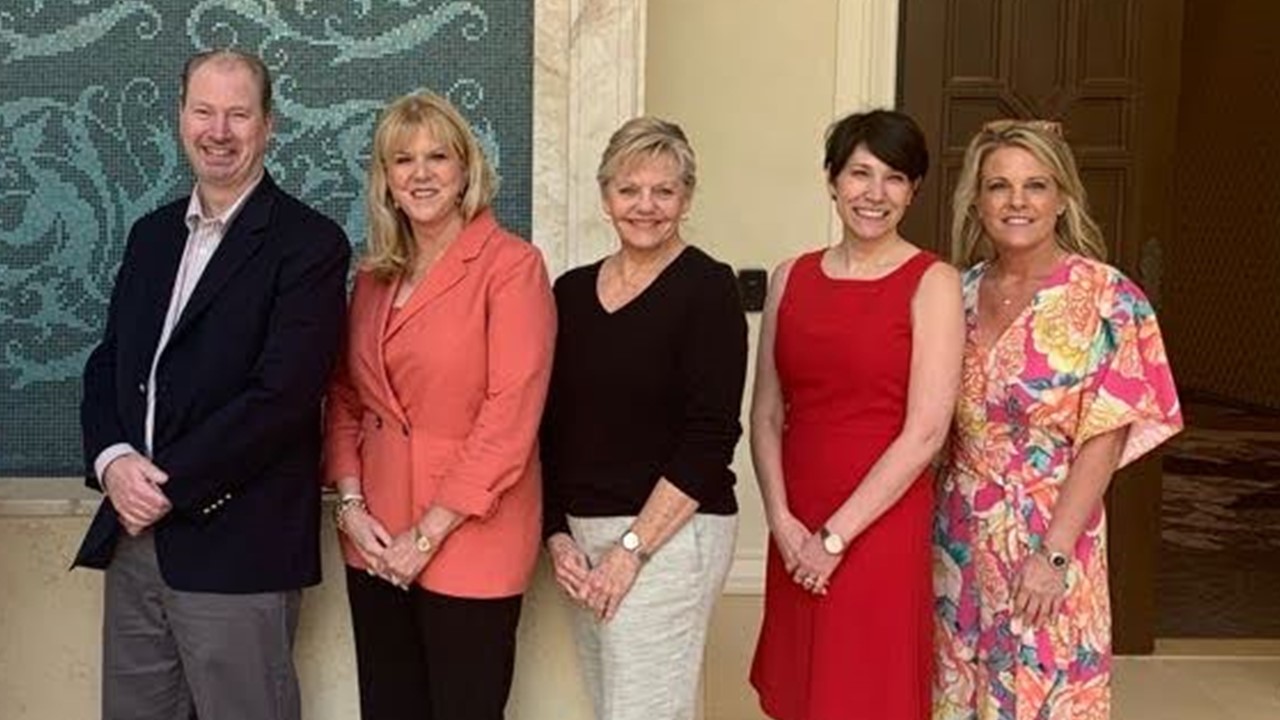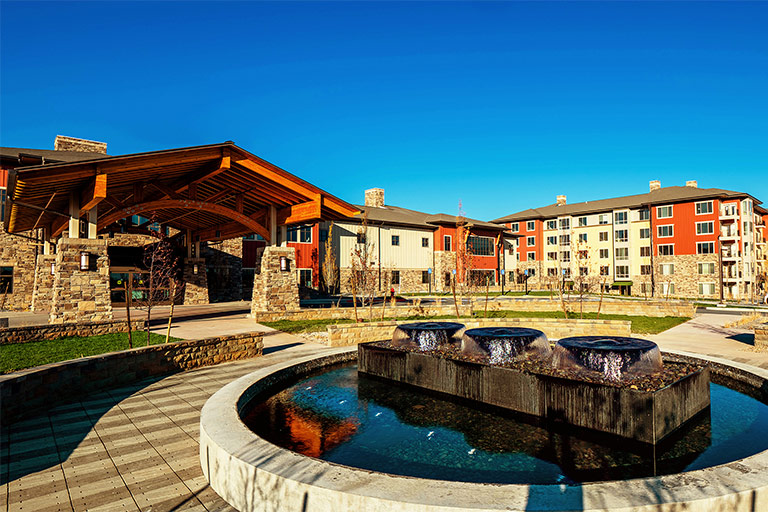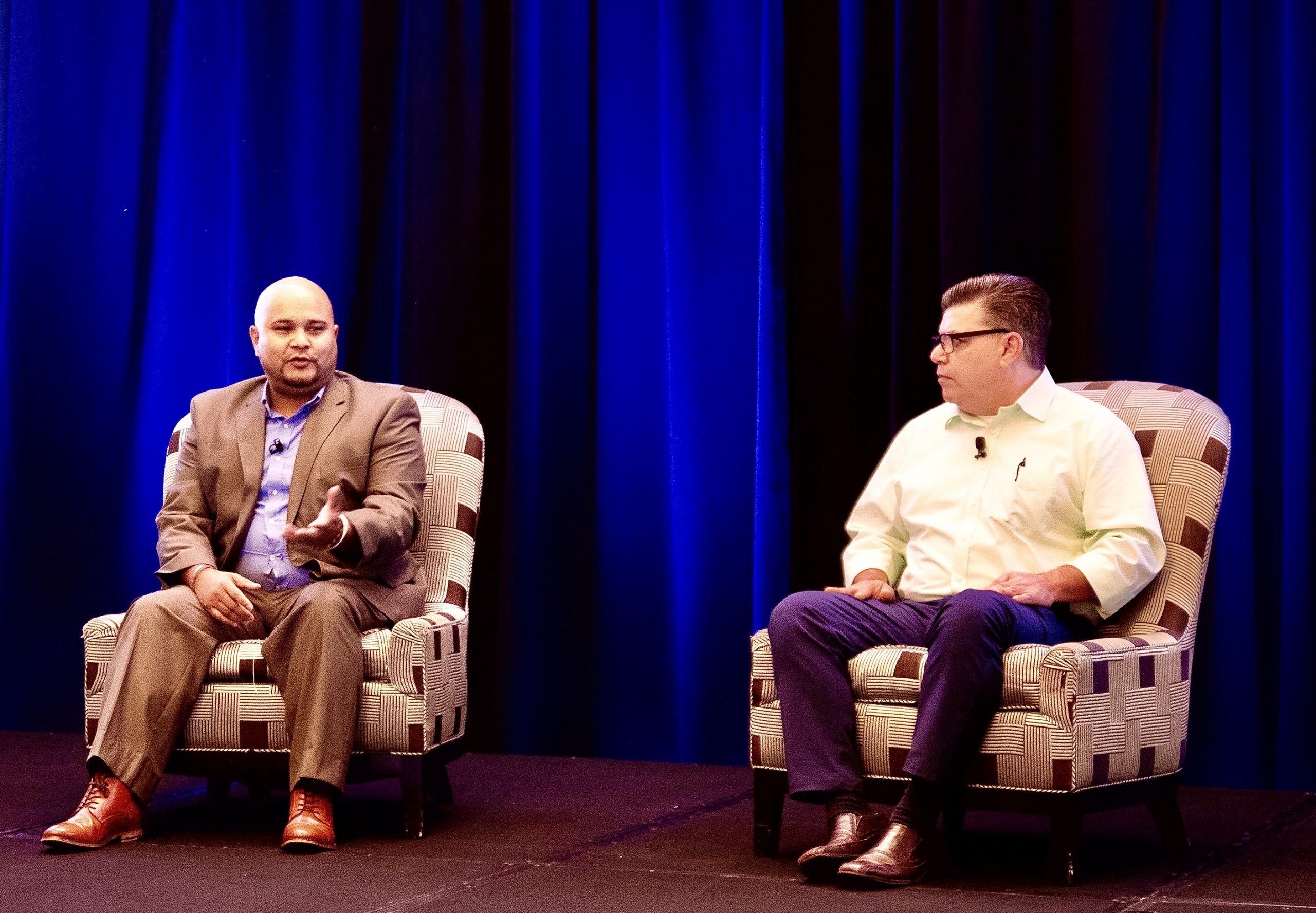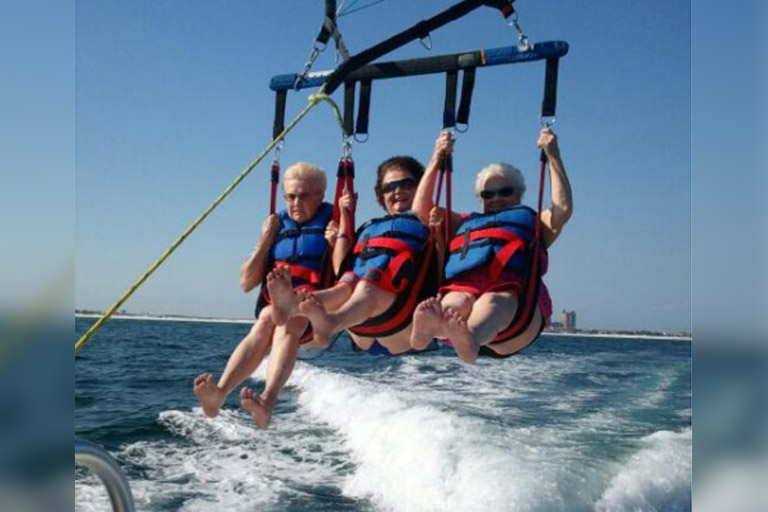
New And Improved Communities
By joe | September 10, 2018
A lot has been written about millennials’ desire to learn new things, develop new skills, explore different topics and have on-the-job opportunities for continuous learning, as well as the flexibility to try new things without worry of failing.
However, many older adults believe we all want that, especially with research proving that trying new things keeps our brains healthy at any age. This may not be breaking news, but two Pennsylvania senior living communities have bragging rights for new activities that won them awards earlier this year.
Presbyterian Home at Williamsport and Ware Presbyterian Village—both Presbyterian Senior Living Communities—received awards from Masterpiece Living at the 2018 Living It event. Masterpiece Living (MPL) is a well-known national authority in the aging services field for its successful aging initiatives and ongoing collaboration with nearly 80 organizations across the country.
This spring, MPL launched the network-wide Living It, a four-week campaign designed to inspire and challenge people to try new pursuits in four categories of wellness—Physical, Social, Intellectual and Spiritual.
Pursuits could include anything and everything, from trying a new vegetarian recipe to learning about a different culture, or from volunteering at a local shelter to crafting a fictional story to read to others. MPL used the Living It launch event as a platform to award exceptional senior living communities and residents that are taking advantage of opportunities to try new pursuits.
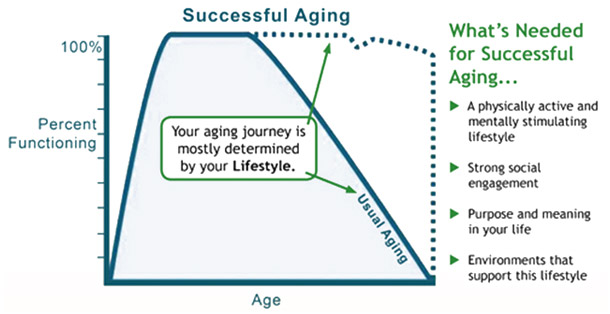
Presbyterian Home at Williamsport took home the award for having the Most New Experiences by an Individual. Enthusiastic resident Mary Guthrie tried 190 new things within 30 days—ranging from participating in exercise programs to watching the State of the Union Address.
Ware Presbyterian Village in Oxford, PA, received two awards: Most New Experiences by a Community and Most Unique New Experiences. Collectively, participants tried 459 new pursuits—including a fully clothed pool plunge and cow milking.
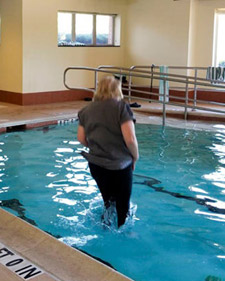
“Trying new pursuits and trying everyday tasks in a different way creates new neural pathways in your brain,” said Amanda Baushke, senior partnership specialist, Masterpiece Living. “The Living It campaign encourages residents in all levels of living and team members to create new neural pathways in a social setting while having fun.”
Masterpiece Living is research-based, fact-driven, and that’s why Presbyterian Senior Living has partnered with the organization since 2011, helping everyone stay on track with research to keep trying new things and stay focused on providing purpose, meaning and growth for every age.
“Without getting overly complicated, by trying new things every day you actually build communication between different brain cells and parts of the brain,” said Alicia Fenstermacher, corporate director of community life, Presbyterian Senior Living.
“Even something as simple as using your left hand to brush your teeth, if you’re right hand-dominant, helps re-energize cells, gets them working properly, blood flowing and regenerating parts of the brain,” she explained. “There’s a lot of research behind it, but basically it’s use it or lose it.”
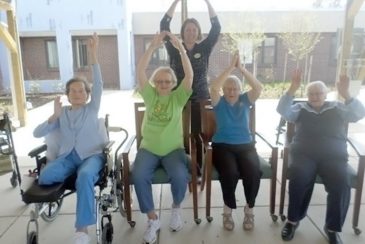
While group-based activities often get more attention—community fashion shows led by team members working with residents themselves determining what they will wear to what music, for example—there are many individual things happening. One Ware resident, completely terrified of water, started taking swim lessons with a volunteer, learning how to overcome her fear.
“When we hire team members, we ask—beyond being able to be a nurse, nurse aide, social worker, etc.—what are you interested in doing, what else do you bring to the table, what will you share? This is all part of their normal job, their hours and providing person-centered care. This is the reason we all went into this—to be with people,” Fenstermacher said.
Those in nursing, for example, can sit with a resident and engage them beyond their normal tasks or share their skills and talents, which has also helped with team retention. At St. Andrews Village in Indiana, PA, a gentleman working in the maintenance department plays his guitar for the residents, giving him meaning to come to work and move beyond his normal tasks, sitting with residents and engaging them.
A group of Cathedral Village residents, meanwhile, gathered together with their own interests and organized Village Academy to offer education sessions—traditional seminars and speakers, but also different learning experiences such as a pottery thrower to teach a pottery class. There’s a fabric art class to teach people how to use fabric in art, but also practical things like mending and sewing some of the uniforms for different schools in the Philadelphia area.
Some family members volunteer, doing compassionate touch when they visit. They get trained properly with certain techniques to do a three-to-five-minute hand or shoulder rub.
“The effect, the trust, the purposeful touch, the human connection that happens—it has been really wonderful,” said Fenstermacher. “It gives a lot of purpose and meaning when used with the family members coming in. Mom or dad might be in distress at moments or have some pain, and without medication family members are able to help reduce some of that distress or pain and have something meaningful to do together.”
A new personal training program currently being piloted at several communities has PSL fitness directors—already highly degreed and trained in physical training with older adults including those with chronic illnesses—offering personal training to residents at a minimal fee. Starting at three communities in January and embraced by residents it will expand to others next year.
“There’s a whole lot of happiness with all this,” Fenstermacher said. “We’re always trying something new, never afraid to try something and not have it work perfectly. We’ll pilot at one or two communities before rolling it out other places, but we’re always willing to try something new.”
